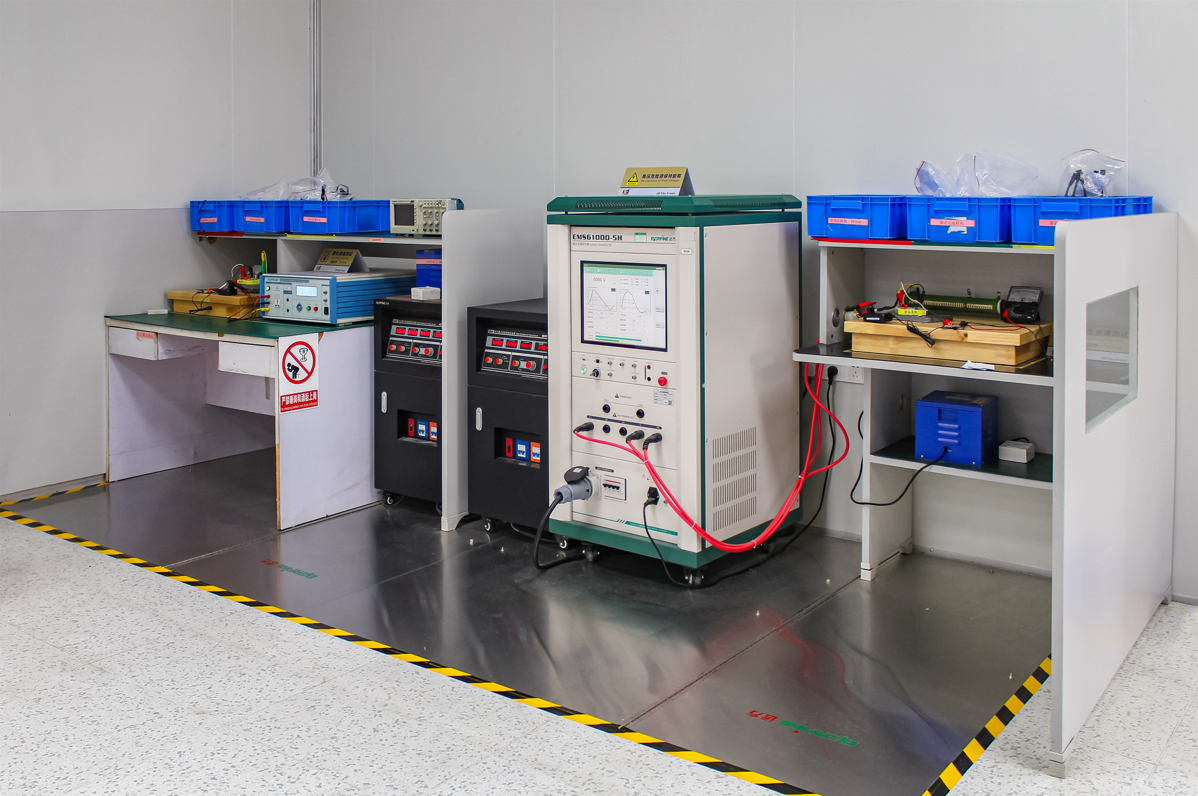Certifications for medical power supplies are crucial to ensure their safety, performance, and reliability in medical environments. These certifications are governed by international standards and regulations that address electrical safety, electromagnetic compatibility, and other critical factors. Here are the necessary certifications for medical power supplies:

1. IEC 60601-1
General Safety Standard for Medical Electrical Equipment
Scope: This standard specifies general requirements for basic safety and essential performance of medical electrical equipment and systems.
Key Requirements: Electrical safety, mechanical safety, risk management, and usability.
Latest Edition: 3rd Edition, with ongoing amendments.
2. IEC 60601-1-2
Electromagnetic Compatibility (EMC)
Scope: Addresses the EMC requirements for medical devices to ensure they do not interfere with other electronic devices and are not affected by electromagnetic interference.
Key Requirements: Emissions and immunity standards to minimize the risk of electromagnetic interference.
3. IEC 60601-1-11
Home Healthcare Environment
Scope: Applies to medical electrical equipment and systems intended for use in the home healthcare environment.
Key Requirements: Adaptations for power supplies used in less controlled environments, such as homes, including considerations for patient safety and usability.
4. ISO 14971
Application of Risk Management to Medical Devices
Scope: Provides a framework for managing risks associated with medical devices throughout their lifecycle.
Key Requirements: Identifying hazards, estimating and evaluating associated risks, and implementing measures to control these risks.
5. UL (Underwriters Laboratories) Certification
North American Safety Standard
Scope: UL standards provide guidelines for the safety, performance, and reliability of medical power supplies in the North American market.
Key Standards: UL 60601-1 (aligned with IEC 60601-1), UL 60601-1-2 for EMC.
6. CSA (Canadian Standards Association) Certification
Canadian Safety Standard
Scope: CSA standards are used to certify products for the Canadian market, ensuring they meet local safety requirements.
Key Standards: CSA C22.2 No. 60601-1 (aligned with IEC 60601-1), CSA C22.2 No. 60601-1-2 for EMC.
7. EN 60601
European Safety Standard
Scope: The EN 60601 series of standards, harmonized with the IEC 60601 standards, are required for CE marking in the European Union.
Key Requirements: Compliance with safety and performance standards required for medical devices sold in Europe.
8. Energy Efficiency Certifications
CEC (California Energy Commission): Requires that external power supplies meet specific energy efficiency levels.
ErP (Energy-related Products Directive): European Union directive that sets requirements for energy efficiency and other environmental criteria.
9. 2 x MOPP (Means of Patient Protection)
Scope: Ensures that medical power supplies provide two independent means of protection to safeguard patients against electrical shocks.
Key Requirements: Enhanced insulation, separation distances, and protective earth connections.
10. ANSI/AAMI ES60601-1
American National Standards Institute / Association for the Advancement of Medical Instrumentation
Scope: Aligns with the IEC 60601-1 standard but incorporates additional requirements specific to the U.S. market.
Additional Considerations:
FDA (Food and Drug Administration): For medical devices marketed in the U.S., compliance with FDA regulations and guidance documents may be necessary.
RoHS (Restriction of Hazardous Substances Directive): Ensures that the power supplies do not contain harmful substances above specified levels.
These certifications collectively ensure that medical power supplies are safe, reliable, and suitable for their intended use in various medical environments. They help medical power supplies manufacturers meet global market requirements and provide assurance to healthcare providers and patients.






